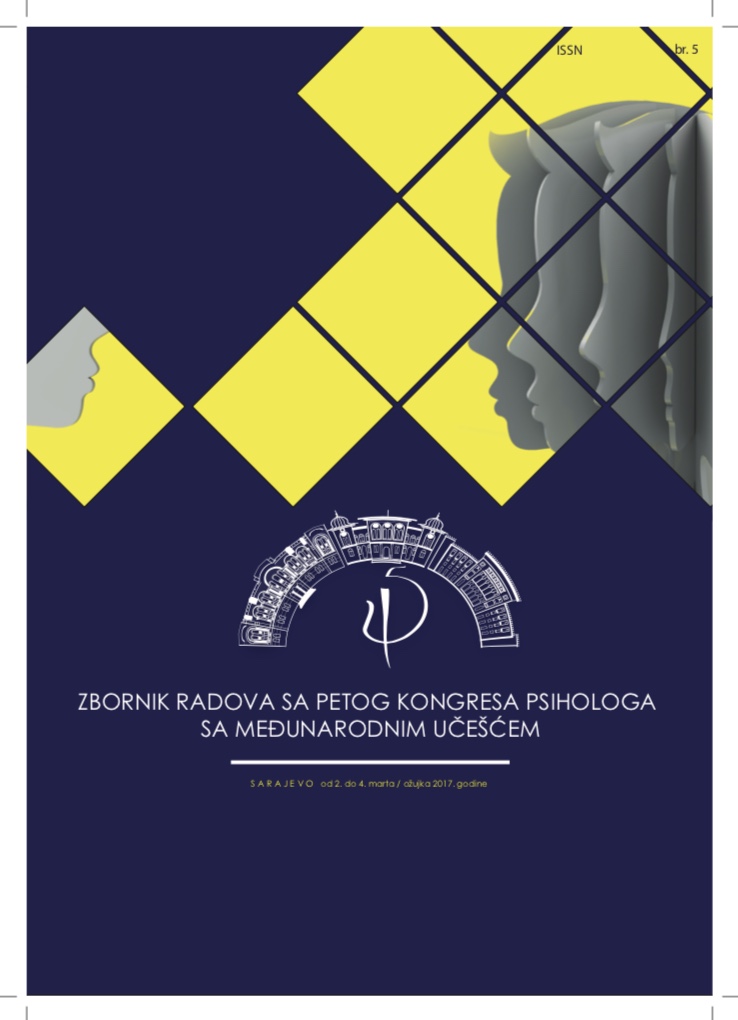Kogitivno-bihevioralni tretman nasilnih oblika ponašanja kod djece osnovnoškolske dobi- prikaz slučaja
Cognitive-behavioral approach to violent behavior among primary school-aged children: case study
Author(s): Maja AlihodžićSubject(s): Psychology, Cognitive Psychology, Behaviorism
Published by: Logotip
Keywords: aggressive behavior;adolescents;cognitive-behavioral therapy;
Summary/Abstract: Violent forms of behavior and aggression in children from elementary schools are a great challenge for all those who encounter them. Although violent behavior is the result of complex interaction of different factors, certain socio-cognitive specificities, as well as deficits in social skills and problem solving skills, are a significant supporting factor in generating aggressive behavioral responses.For this reason, the application of cognitive-behavioral interventions can lead to a significant reduction in the frequency of manifestation of these forms of behavior, as well as in producing other positive behavioral changes.In the case study, the work with a 13-year-old boy with frequent external behavioral problems is described. During 15 meetings, that treatment lasted, various cognitive-behavioral techniques were used, such as social skills training, self-regulation exercises, relaxation training, cognitive restructuring, problem solving learning, and cognitive modeling.Positive outcomes of treatment and generalization of goals, set by the child and the therapist, indicate that cognitive-behavioral treatment can be a very effective method of dealing with similar emotional-behavioral problems.The paper also emphasizes the importance of involving parents and school representatives as co- therapists in treatment, as a factor that significantly influences the success of therapy.
Journal: Zbornik radova Kongresa psihologa Bosne i Hercegovine
- Issue Year: 2019
- Issue No: 5
- Page Range: 400-417
- Page Count: 18
- Language: Bosnian

